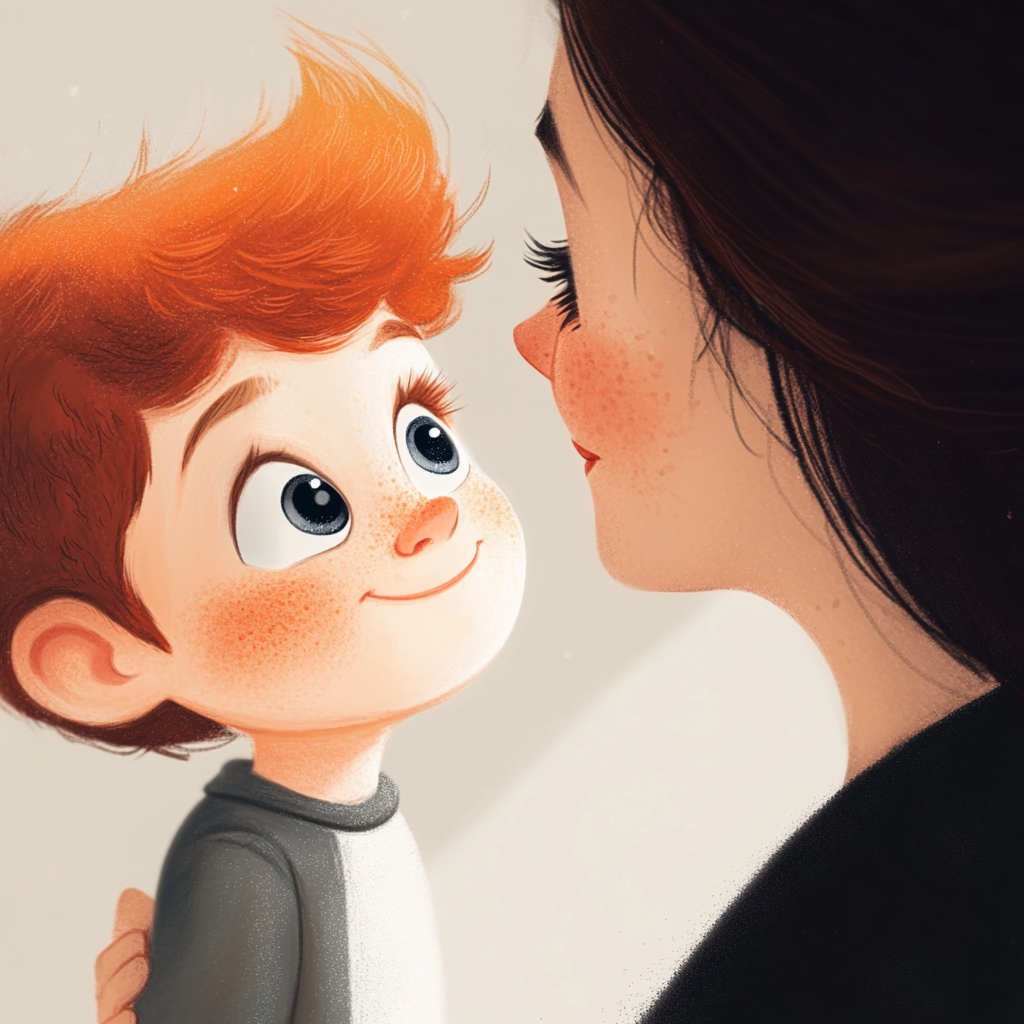You Do Not Need to Know, Child interrogations don't bring clarity.
You may feel that you have to know what is going on in the other parent’s home and with your child, but you don’t. The urge to question your child after contact or visitation is common—often driven by a deep desire to protect or prepare. But beneath this surface lies something more primal: the attempt to soothe your own nervous system. The feeling of not knowing can feel intolerable in a high-conflict separation, and parents may turn to their child to fill in the blanks. But this comes at a cost.
When we constantly question our children about what happened at the other parent's house, especially with a hyper-awareness of what might be "used against us," we place them in an emotionally conflicted space. They are now stuck between loyalty, fear, and survival. A child does not want to be a reporter. They want to simply exist, play, and feel safe. They don’t want their words weaponised.
Too often, children begin to pick up on the emotional reactions of the parent asking the questions. They notice when we become tense, when our voice softens at their discomfort, or when we seem soothed by something negative said about the other parent. And so they may start to say things that calm us down. That gain them connection. That reinforce safety. This is not manipulation—this is emotional survival.
A child may begin to offer narratives that aren't fully accurate, not because they are lying, but because they are seeking peace. If negative comments are met with approval or attention, the child may continue this pattern, especially if they sense that this is the only time their emotionally overwhelmed parent is fully present with them. The problem is, this pattern of reward reinforces disconnection from the truth and from the child’s own voice.
Worse still, these statements may become part of affidavits or court proceedings. A child may lose a parent based on something they said, without understanding the consequence of their words. They did not intend harm. They simply sought connection.
It is best to let go of the compulsion to know every detail. Unless a child voluntarily expresses a serious concern, or unless you have concrete, observable evidence of harm, avoid probing. Allow your child to share naturally. When they do, listen without judgment. Hold space, not suspicion.
The desire to know is understandable. In high-conflict cases, the stakes feel enormous. But when we interrogate or indirectly influence what a child shares, we step into dangerous terrain. What seems like parenting vigilance can become coercive control.
Most separated parents will have differing views on bedtime routines, discipline, or even what the child eats. Unless your child is being harmed, these are not battles worth fighting in front of them. Document what matters. Try to collaborate. If that fails, record the effort. Courts appreciate documentation and maturity more than aggression.
Remember: our children are not our therapists. They are not our investigators. They are not our spies. They are children. And they need at least one parent who protects their right to be just that.
If your child comes to you with a concern about the other household, pause before reacting. Ask yourself: Am I listening to understand, or listening to confirm my fears? Your nervous system may want certainty. But your child needs safety.
Yes, it is heartbreaking to be accused by your own child of something you didn’t do, especially if the other parent fans the flames. But retaliation and blame only deepen the hurt. The truth will surface in time, especially if you continue to show up in stable, loving, and consistent ways.
Co-regulation—the way children learn to calm their own emotions through the presence of a regulated adult—is a powerful tool. The more we can ground ourselves, the more we allow our child to do the same.
Our children pick up on our responses and these responses create a belief of future events. Can I talk to dad? can I tell mum I had a great time at dads? Will he be angry if I had pizza at mums? Maybe I should say anything.
Let go of the need to know everything. What you need to be is present.
Because it is not your child’s role to put your life back together.
That is your role. And you are capable of it.
